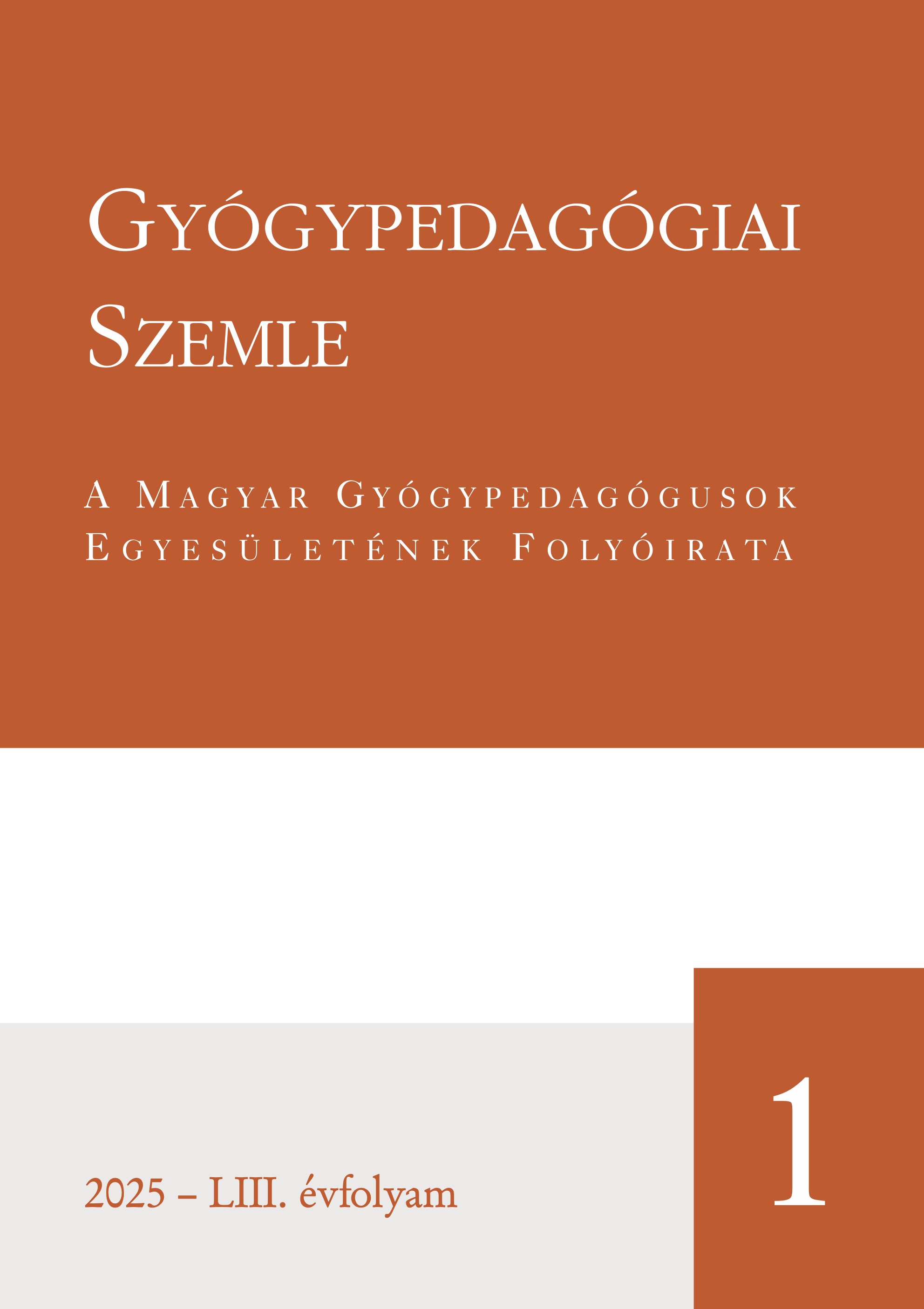Mathematical anxiety, ability and family background as predictors of mathematical performance
DOI:
https://doi.org/10.52092/gyosze.2025.1.6Keywords:
mathematics, ability, socioeconomic status, mathematics anxietyAbstract
Background and objectives: Maths-specific functions are based on a combination of several basis functions. These are the mental number line, the analog and Arabic number systems, arithmetic facts, counting procedures, number concept formation and number notation. If these processes show an inadequate level of development, they are predictive of difficulties in learning mathematics. The main objectives of our research are to investigate in our sample (1) the level of mathematics learning skills, (2) whether they affect mathematics achievement, and (3) the extent to which these are influenced by mathematics anxiety.
Methods: our study included n=999 upper secondary school students. First, mathematical ability was assessed using the Dyscalculia Pedagogical Test (DPV) measurement procedure, and then students completed a questionnaire on general and mathematical anxiety. Our background variables were gender and socioeconomic status (SES).
Results: general and mathematical anxiety were strongly correlated. Mathematics anxiety is reflected in the ability profile and performance. Lower SES predicts poorer performance.
Conclusion: the development of mathematics learning baseline functions is strongly influenced by cognitive-affective factors and the supportive role of the environment. Mathematical ability structure and socioeconomic status, parental education are closely correlated but not exclusively predictive of mathematics learning problems. Anxiety is an inherent part of mathematics learning and can affect learning success independently of the level of mathematics learning ability.

